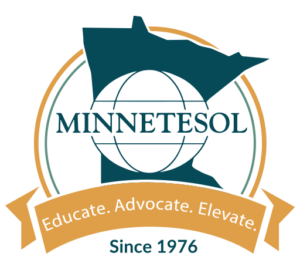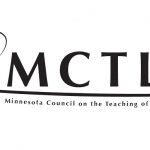Title: A University-level Methods Course Summary for ABE
Audience: Adult
Summary:
ABE/ESL instructors come to the field from a variety of backgrounds (i.e. K-12 licensure, social services, foreign languages). Some ask, “What did I miss by not taking TESOL classes focused on adults?” We give a “Cliffs Notes” version of a basic methods class for teaching ESL to adults. We summarize the main topics presented in a semester length class, and indicate the application of each for the ABE/ESL world.
Abstract:
There is a felt need among many instructors of ESL in the ABE world that they missed out by not taking coursework in TESOL for adults. In fact, many ABE/ESL instructors came to the field with qualifications such as K-12 licensure in various content areas, a BA in a foreign language or international relations, or experience in a social service setting. These teachers are often missing some of the basics of good TESOL for adults teaching practice from their toolkits.
We would like to present a summary version of the main topics presented in a TESOL methods course, and relate those topics to the context of teaching ESL to adult immigrants and refugees. For example, we will discuss the basic approaches to TESOL, and the advantages to students of blending these approaches. We will highlight staying aware of the needs of the learners, and demonstrate how that is critical to teaching choices. We will talk about issues such as wait time, teacher talk, display questions versus information questions, presentation leading to meaningful practice, and the importance of recycling and scaffolding. We will leave participants with the starting foundation they need for moving forward as learners of methods for teaching ESL to adults. In addition, they will receive a list of resources for further learning.


